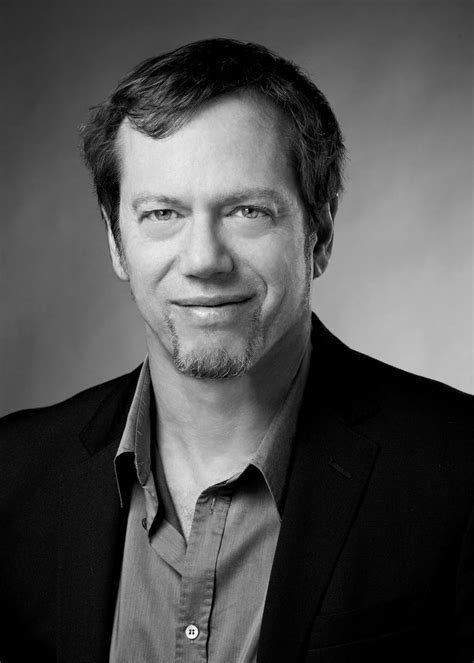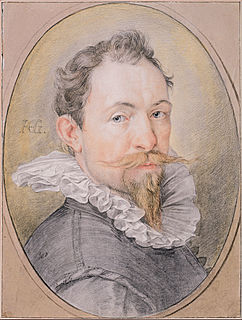A Quote by Robert A. Burton
Employment, which Galen calls 'Nature's Physician,' is so essential to human happiness that indolence is justly considered as the mother of misery.
Related Quotes
This relaxation is the space in which happiness grows, and again I repeat: for no reason at all. It is not that you are happy because of something. You are simply happy. Happiness is your nature. Unhappiness is something nurtured, you have learned it. Every credit goes to you for all your misery, but for happiness, you cannot have any credit. It is natural. You were born happy. You were happy in your mother's womb.
After every happiness comes misery; they may be far apart or near. The more advanced the soul, the more quickly does one follow the other. What we want is neither happiness nor misery. Both make us forget our true nature; both are chains-one iron, one gold; behind both is the Atman, who knows neither happiness nor misery. These are states, and states must ever change; but the nature of the Atman is bliss, peace, unchanging. We have not to get it, we have it; only wash away the dross and see it.
It is justly considered as the greatest excellency of art to imitate nature; but it is necessary to distinguish those parts of nature which are most proper for imitation: greater care is still required in representing life, which is so often discoloured by passion or deformed by wickedness. If the world be promiscuously described, I cannot see of what use it can be to read the account; or why it may not be as safe to turn the eye immediately upon mankind, as upon a mirror which shows all that presents itself without discrimination.
LIVER, n. A large red organ thoughtfully provided by nature to be bilious with. The sentiments and emotions which every literary anatomist now knows to haunt the heart were anciently believed to infest the liver; and even Gascoygne, speaking of the emotional side of human nature, calls it "our hepaticall parte." It was at one time considered the seat of life; hence its name- liver, the thing we live with.
the leading error of the human mind, - the bane of human happiness - the perverter of human virtue ... is Religion - that dark coinage of trembling ignorance! It is Religion - that poisoner of human felicity! It is Religion - that blind guide of human reason! It is Religion - that dethroner of human virtue! which lies at the root of all the evil and all the misery that pervade the world!
There is that in the soul of man which must respond to the highest in virtue. It may not respond at once. Human nature can easily be over-faced by examples too remote and austere. Moreover, human nature can easily deny God because the whole race has long been in rebellion against Him. Yet there is that in human nature which calls out to the supreme examples of virtue: owns, as it were, the intention of God who made it, and feels the unmistakable homesickness of the soul.
Understanding human nature must be the basis of any real improvement in human life. Science has done wonders in mastering the laws of the physical world, but our own nature is much less understood, as yet, than the nature of stars and electrons. When science learns to understand human nature, it will be able to bring a happiness into our lives which machines and the physical sciences have failed to create.






































